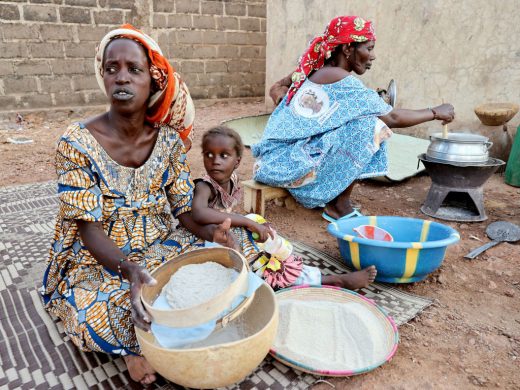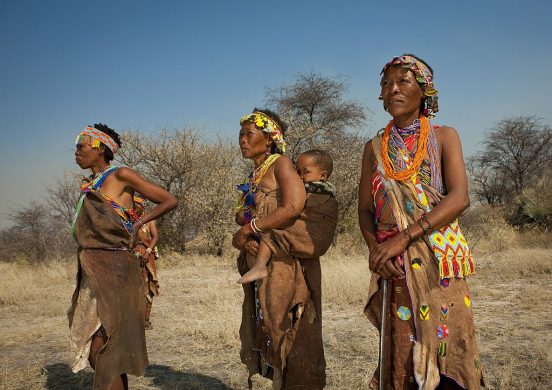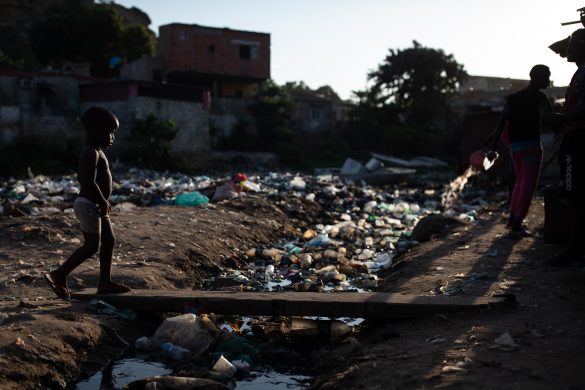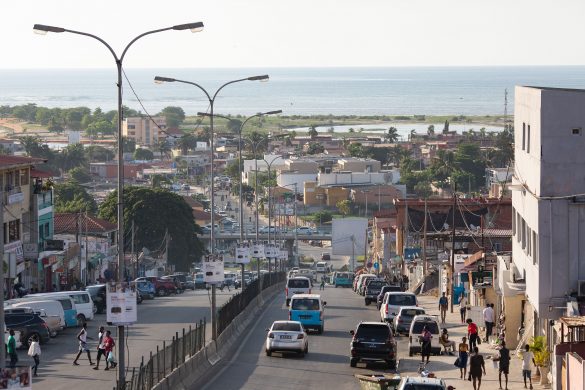For the first time in African postcolonial history, citizens of a former European colonial power are seeking improved living conditions in the ex-colonies.
Almost 125.000 Portuguese have in a few years immigrated to Angola. They are pushed by economic crisis at home and pulled by economic growth in Angola. In some Portuguese media Angola is portrayed as El Dorado where it is easy to become rich and life is full of new and exotic pleasures.
”In migration research, this is an imaginary that is well-known from African utopic visions of Europe. In the world of today, Angola has the upper hand and Portugal has to comply. This is the world downside up,” says NAI (Nordiska Afrikainstituttet) researcher Lisa Åkesson in an interview on the NAI website.
She has recently been granted 3,5 million Swedish kronor by the Swedish Research Council (Vetenskapsrådet) for a three-year project that will examine the Portuguese labor migration to Angola and Cape Verde.
Here is an excerpt from Lisa Åkessons blogpost on the topic on her fellow researcher Mats Utas‛ blog:
Mainstream European media portrays Angola as a country characterized by extraordinary economic growth, widespread corruption, a questionable democracy, a state totally dominated by the ruling MPLA party and glaring inequalities between the poor and the rich. This is a valid picture, but there are other stories to be told.
If I compare the capital city of Luanda of today with the Luanda I used to know when I worked here more than twenty years ago, the first thing that comes to my mind is the absence of watchful soldiers and heavy military vehicles. Since 2002 peace has been stable. This means that mothers do not have to worry about their 16 years old sons being sent to the frontier. It also means that millions of persons no longer flee across the country to Luanda.
Instead citizens of Luanda take the opportunity to visit relatives in other provinces, and goods and commodities circulate more easily. World Bank statistics indicate that in 1992, one of the worst years of the war, life expectancy at birth in Angola was as low as 41 years. Since then this figure has increased by 25% to 51 years in 2012.
There are still enormous problems in the health and education sectors, but the peace in itself has brought a better life to many people after more than three decades years of war. An important reason behind the stability of the peace is the government’s direct access to natural resources, primarily in the form of oil and diamonds, which has made it possible for them to buy the loyalty of former rebel soldiers and their officers.
Low ranking former UNITA rebels have been given income opportunities, sometimes as guards in private security companies, and in comparison with their past as UNITA soldiers, most of them live better today. Former UNITA generals have been afforded with a slice of the country’s wealth, for instance in the form of concessions to diamond mines, and they have been incorporated into the national army.
Another important reason behind the stability is that the MPLA government has been wise enough to avoid publicly humiliating the defeated UNITA militaries. Instead, the MPLA rhetoric has focused on the party’s capacity to bring peace to the people.
Læs resten af blogindlægget her: http://matsutas.wordpress.com/2013/11/11/the-world-upside-down-by-lisa-akesson/















